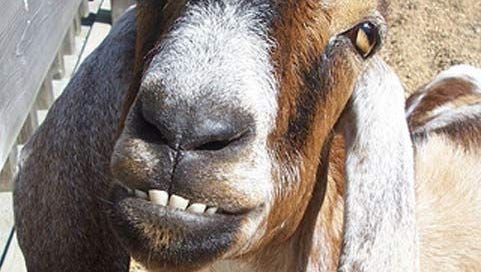Hello readers,
This week, tales of dragons and capitalism…
The Dragon of Wantley
How did I not know that Sheffield had a dragon story? Even more intriguing, this ballad was probably a political satire. It tells the tale of a dragon who lives amongst the rocks of Wharncliffe Crags, near Deepcar.
This dragon he had two furious wings,
Each one upon each shoulder;
With a sting of his tayl, as long as a flayl,
Which made him bolder and bolder.
He had long claws, and in his jaws
Four and forty teeth of iron;
With a hide as tough as any buff,
Which did him round environ.
It harasses the villagers who go out on the moors until they petition a local knight, More of More Hall. Sir More seems to have a reputation for getting angry and killing things, so who better to ask to kill your local dragon?
Hard by a furious knight there dwelt,
Of whom all towns did ring,
For he could wrestle, play at quarter-staff, kick, cuff and huff,
Call son of a whore, do any king of thing,
By the tail and the main, with his hands twain,
He swung a horse till he was dead;
And that which is stranger, he for very anger
Eat him all up but his head.
He agrees to fight the dragon if they will give him a young girl as a servant1 and heads off to Sheffield to acquire a suit of armour. Fully armoured, and sufficiently drunk, he heads off to fight the dragon.
But first he went, new armour to
Bespeak at Sheffield town,
With spikes all about, not within but without,
Of steel so sharp and strong,
Both behind and before, arms, legs, and all o'er,
Some five or six inches long.
After a short fight, he kicks the dragon in the underbelly, which the dragon admits is its weak spot, and dies. The ease with which More kills the dragon is part of the conceit of the ballad, it compares More to other legendary heroes and tells how he killed the dragon with “nothing at all”. The whole ballad is worth a read, it's got a slapstick humour to it. https://allpoetry.com/The-Dragon-of-Wantley
But when it was written, in 1685, it probably wasn't intended just as a funny story about a dragon and a drunken Knight. In 1573, George Talbot, the earl of Shrewsbury, who owned much Sheffield land, had been taking the proceeds of the wastelands near Sheffield for himself. The wastelands had been church land, before the reformation, but had been confiscated during the Dissolution of the Monasteries. But more than being a dispute over land ownership, money from the church lands went towards maintaining the roads and giving money to the poor and sick of the parishes.
More, then, was not a Knight in shining armour in the literal sense, but a lawyer who took up the fight of the local people against a powerful noble encroaching on old privileges (the land had been church lands since 1297). While the audience of the ballad lived a century later, they would have been familiar with the nobility seizing common land to add to their estates. There were many riots and rebellions from the 14th century to the 19th over the issue of enclosures (literally enclosing, or fencing off, land previously used by the community). In fact, another folk poem contemporary to the Dragon ballad is one of my favourites:
The law locks up the man or woman
Who steals the goose off the common
But leaves the greater villain loose
Who steals the common from the goose.The law demands that we atone
When we take things we do not own
But leaves the lords and ladies fine
Who takes things that are yours and mine.
It is plausible to see the “Dragon” of the tale as the Earl of Shrewsbury, and that is probably the political meaning of the tale - still, sometimes a dragon is just a dragon, and it is nice to know your local dragons.
And now for the most important segment, it’s not a goose but it is a -
Goat of the week
Poem of the week
On longer evenings,
Light, chill and yellow,
Bathes the serene
Foreheads of houses.
A thrush sings,
Laurel-surrounded
In the deep bare garden,
Its fresh-peeled voice
Astonishing the brickwork.
It will be spring soon,
It will be spring soon –
And I, whose childhood
Is a forgotten boredom,
Feel like a child
Who comes on a scene
Of adult reconciling,
And can understand nothing
But the unusual laughter,
And starts to be happy.
Coming, by Phillip Larkin
It’s not particularly relevant, but it’s quite an uplifting poem and we all need that at the minute.
Thanks for reading, stay safe,
Simon
Described as a girl of sixteen in the ballad, which seems creepy to me. Even though More specifies wanting her as a servant, the specific request is gross.


